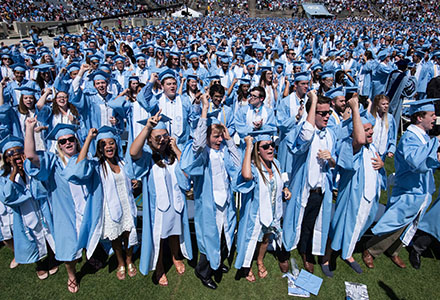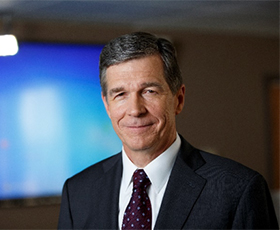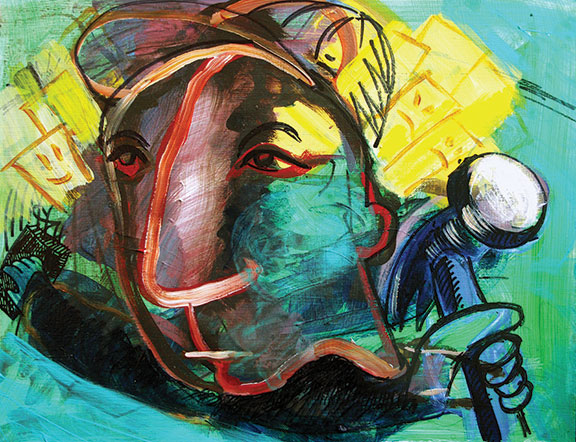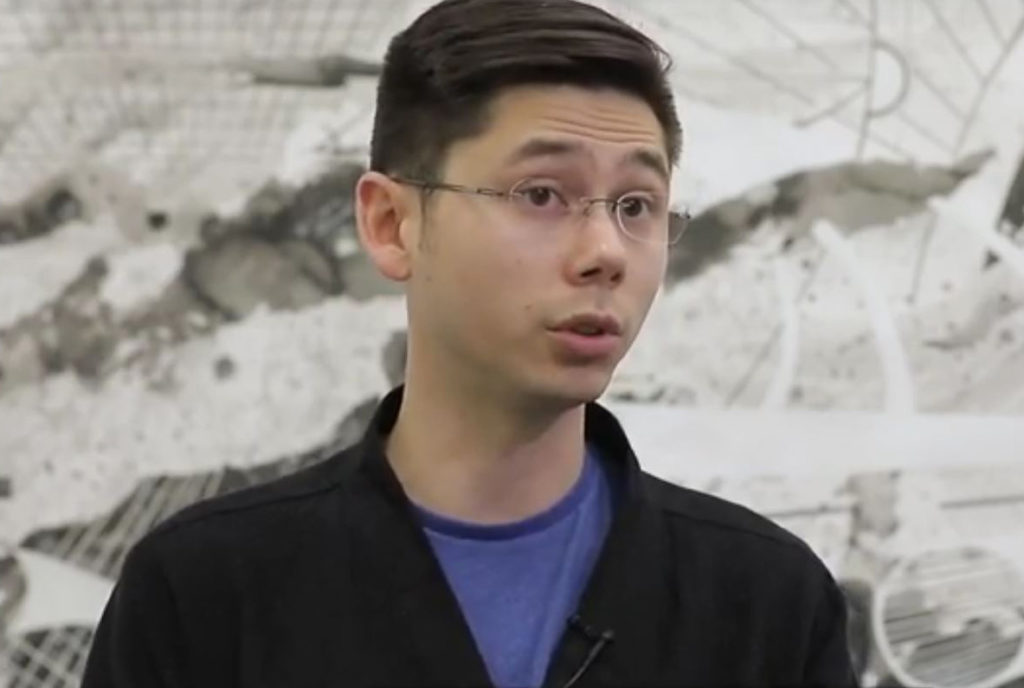
The Humanities Happy Hour is more than just an appeal to the alliteration lovers among us.
It is a collaborative program of events shared by Carolina Public Humanities (CPH) and the Institute for the Arts and Humanities (IAH). The series brings the work of scholars from the IAH’s Faculty Fellowship Program to members of the community. The institute became involved with the happy hour when Jennifer Ho, Associate Director for the institute, met Max Owre, Executive Director for CPH, at a National Endowment for the Humanities grant planning meeting.
They realized they could join efforts to move the university’s renowned scholarship beyond campus. “We’re really looking forward to making this more of a permanent collaboration, so that the IAH can have a public face, and we can make it clear that we’re interacting with the best faculty,” Owre said.
Professor Ho (English and Comparative Literature) saw a natural connection between the mission of the institute and CPH. “[The institute] should be a place that brings people together in community,” Professor Ho said. “We should, as an institute, also be in community with other institutes. It is in our best interest to always help promote [each other].”
The goal of Carolina Public Humanities is to bring the knowledge and scholarship of the University beyond the classroom by hosting public lectures. CPH focuses on programs that “nurture a deeper understanding of history and culture, enrich the life of the mind, and contribute to the development of a more humane world.”
Similarly, the institute’s mission is to “empower faculty to achieve their full potential by creating community and cultivating leadership.” Among other things, the institute pursues this mission by sponsoring lectures, conferences, and public discussions.
The Humanities Happy Hour happens at the “Back Bar” at Top of the Hill Restaurant, offering the community an opportunity to engage each other in substantive discussions without the weight of the student-teacher relationship hanging overhead.
“It’s a happy hour. We don’t do long, drawn-out introductions,” Owre said. “There is the clinking of glasses and eating of food. It’s a feeling of conviviality.”
The lecture setting is intimate and inviting with exposed brick walls covered in hundreds of chalk signatures and drawings from generations of students passed. There is also free pub food for those torn between attending the lectures and getting dinner on the table.
The fall series was structured around the five senses. Each lecturer focused on one sense and used it to dive down into their area of expertise. The exception was Professor Katz, who began the series by focusing on all five. “I thought it was a great kickoff. He had slides of food, played music clips, etc. It was evocative of all five senses,” Professor Ho said.
The fall series included:
- “All Senses Kickoff: Next Level and the Multisensory Experiences of Hip-Hop Diplomacy” by Mark Katz (Ruel Tyson Distinguished Professor of Music)
- “Seeing Trash: Aesthetics and Waste in Modern Spain” by Sam Amago (Distinguished Term Professor of Romance Studies)
- “Taste: Chinese Cuisine and Taiwanese Identity” by Michelle King (Associate Professor of History)
- “Smell: Foreign Fragrances, Plebeian Stinks: Perfuming Practices in Premodern India” by Emma Flatt (Assistant Professor of History),
Professor Flatt closed out the series for the semester with her lecture. The small space was filled with the perfumes and fragrances she brought. She displayed a beautiful array on silver trays featuring the powders and oils, mixing them in a small mortar and pestle. A group of students who came to Back Bar unaware of the lecture series suddenly found themselves grinding and smelling unique scents from worlds away.
Rather than choose a specific theme for the upcoming spring series, Professor Ho and Owre decided they would prefer to leave the topics undeclared so they can be responsive to cultural and societal events and topics of special importance at the time of each lecture.
“A little more public-interest oriented…We’ll be looking for hot-button topics,” Owre said. “Since we have this every month, we feel like it would be great to be able to use this forum to provide a place for dialog.”
When asked if he enjoyed the evening’s lecture, one audience member replied, “Absolutely! I enjoy them all. They’re good. They’re very good.”
Story courtesy of the Institute for the Arts and Humanities




